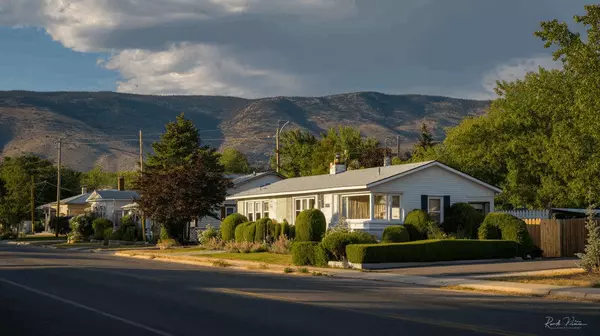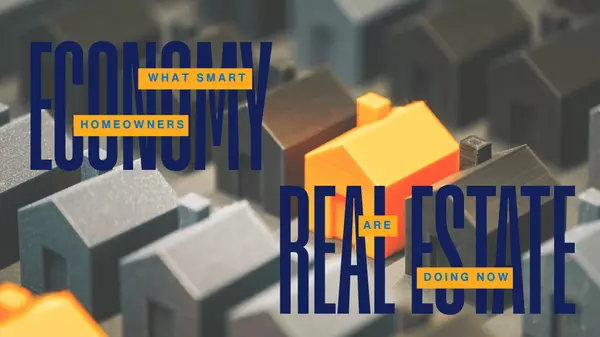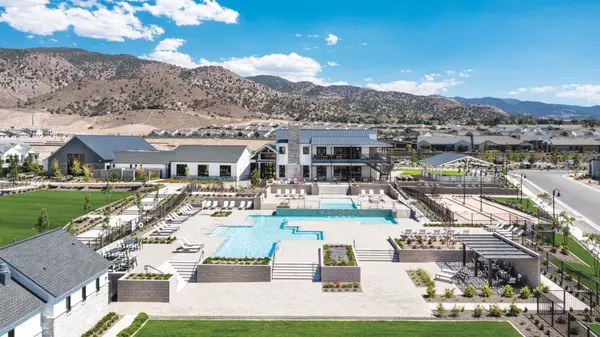
Everything to Know About the 2025 Carson City, NV Housing Market: Prices & Market Trends
Dreaming about homes for sale in Carson City? You’re not alone. Folks from Reno, Tahoe, even out-of-state buyers keep peeking over the hill, wondering if the NV housing market here still offers that sweet mix of small-town vibe, big-sky scenery, and a price tag that won’t knock you flat. Think of t

Is Carson City, NV a Safe Place to Live? A Look at Crime Rates and Statistics
Overview of Carson City Introduction to Living in Carson City, NV Carson City sits in an odd Goldilocks zone. It is large enough to host Nevada’s legislature, yet compact enough that people still wave when you let them merge. Ask long-time residents why they live in Carson City, and they talk about

Things to Do in Reno, NV: Top Attractions, Hidden Gems & Local Favorites
Reno might brand itself the Biggest Little City, yet landing at the convenient airport, any traveler will quickly feel how desert calm blends with mountain energy. Neon boulevards meet bikeable river paths, and locals freely swap hot-spring secrets. Whether you’re here to gamble, cram in outdoor act
- 1
- ...
- 3
- 4
- 5
- 6
- 7
- ...
- 17
Categories
Recent Posts










